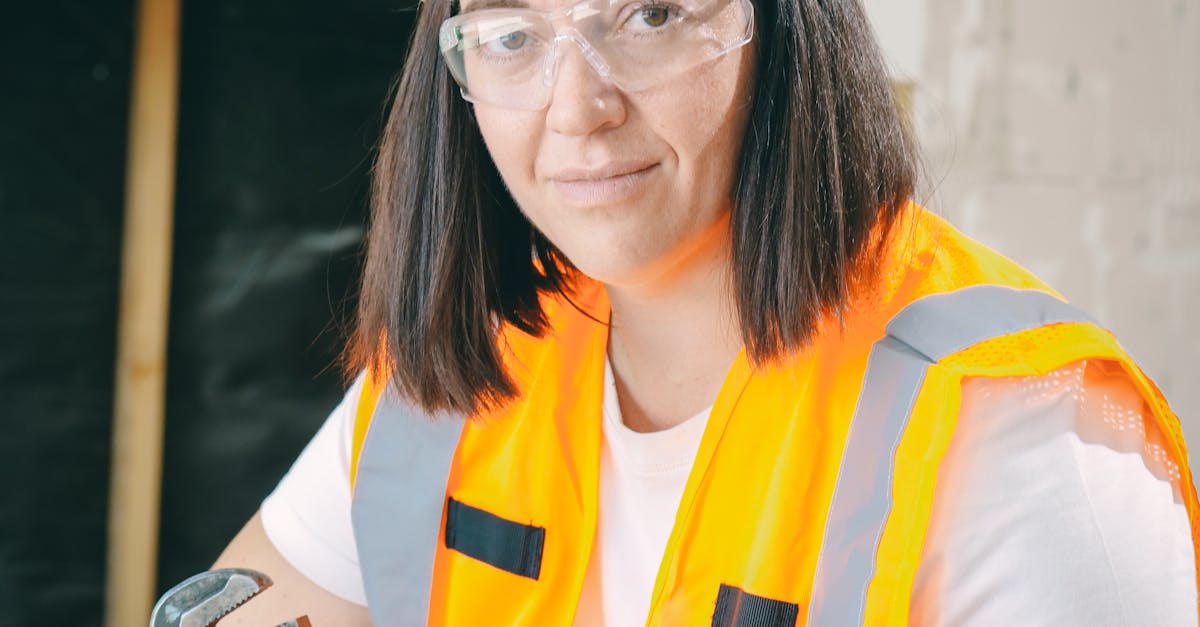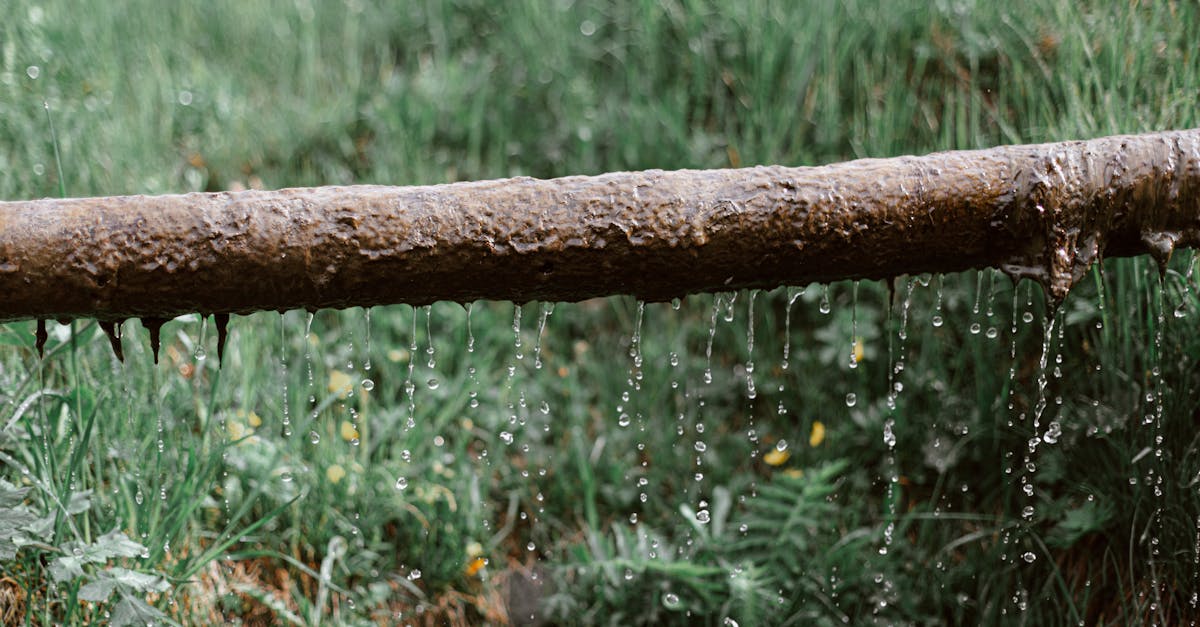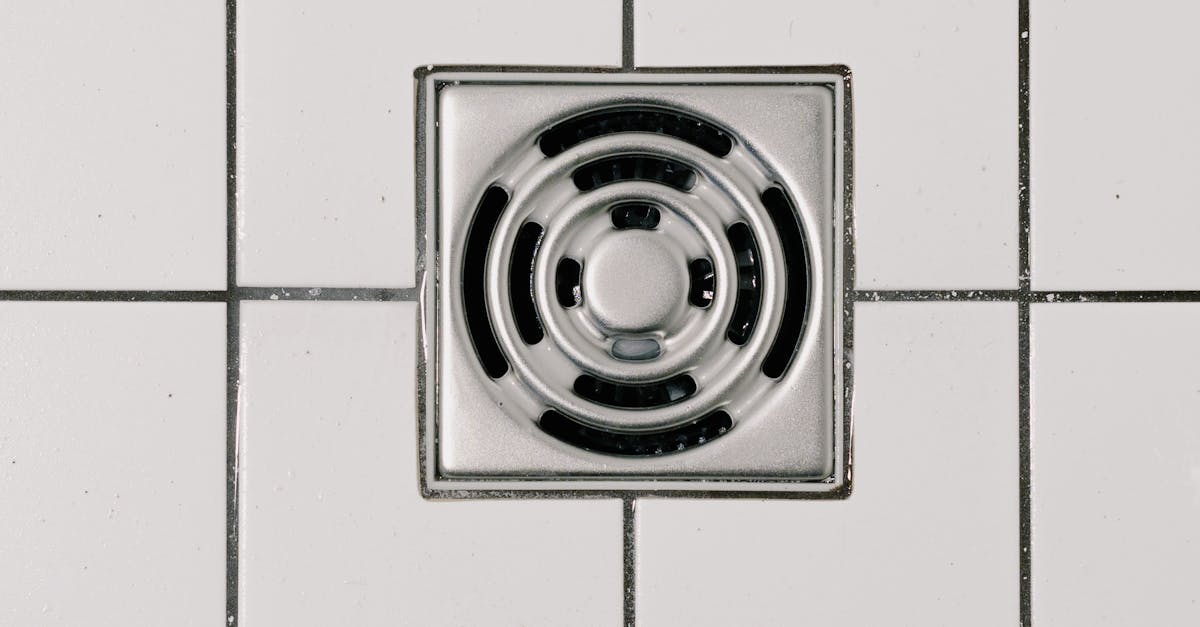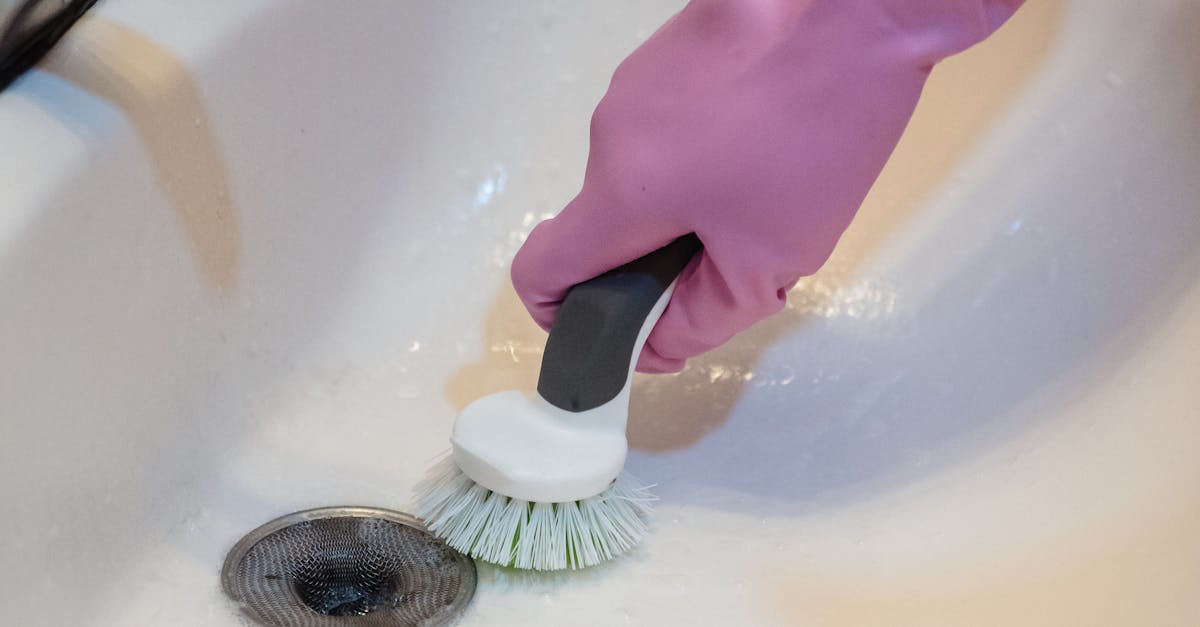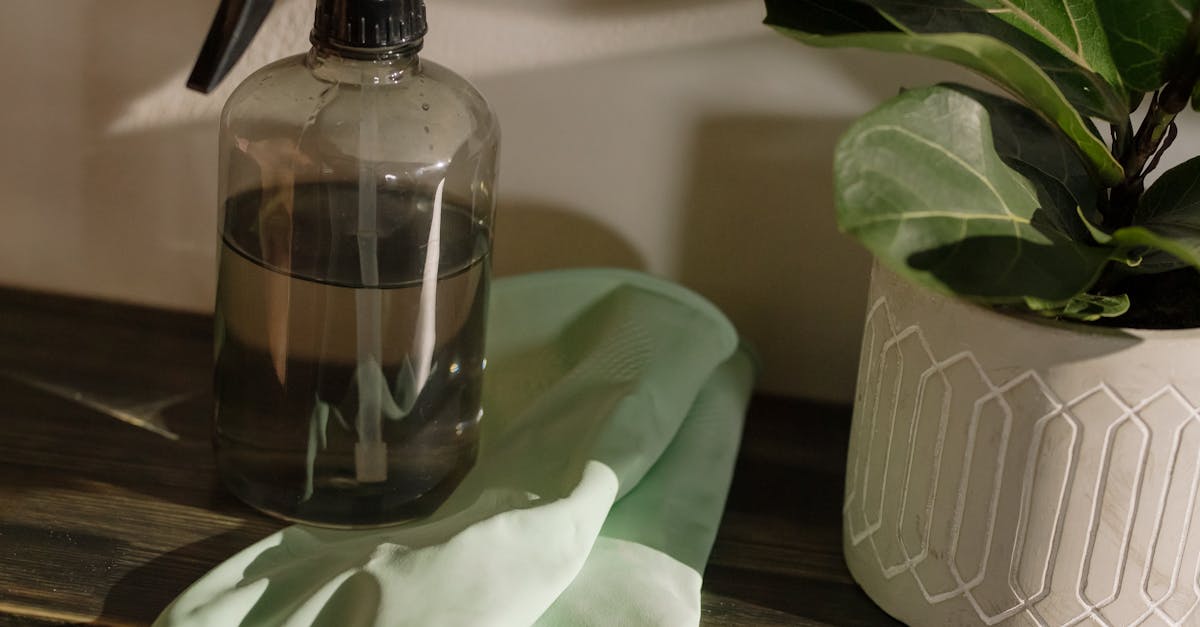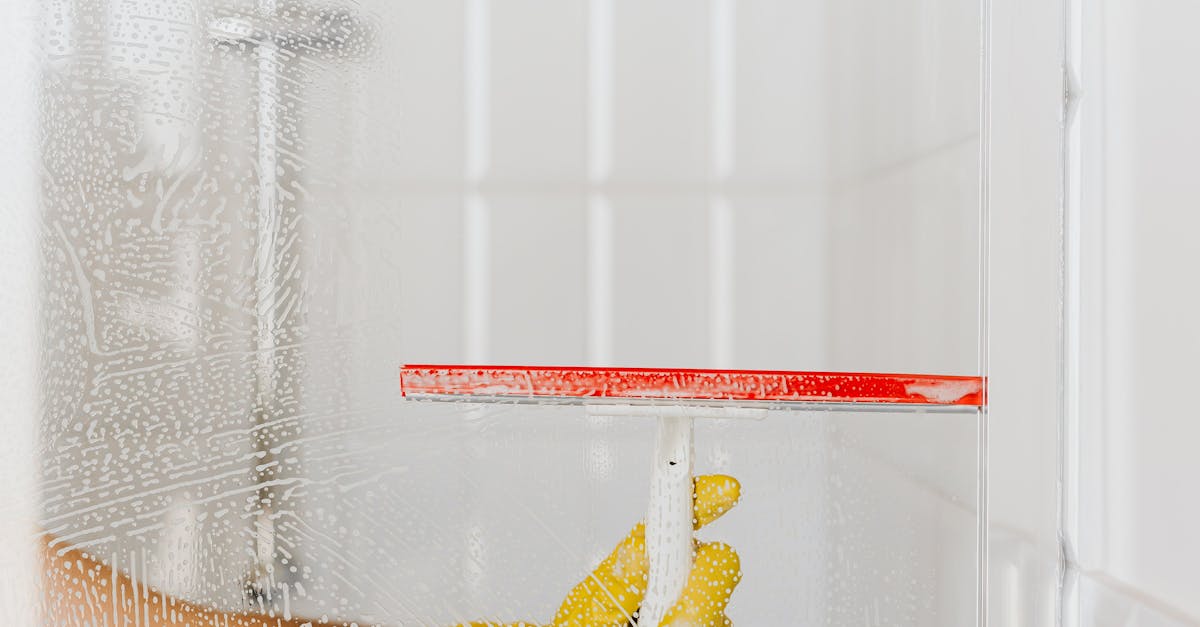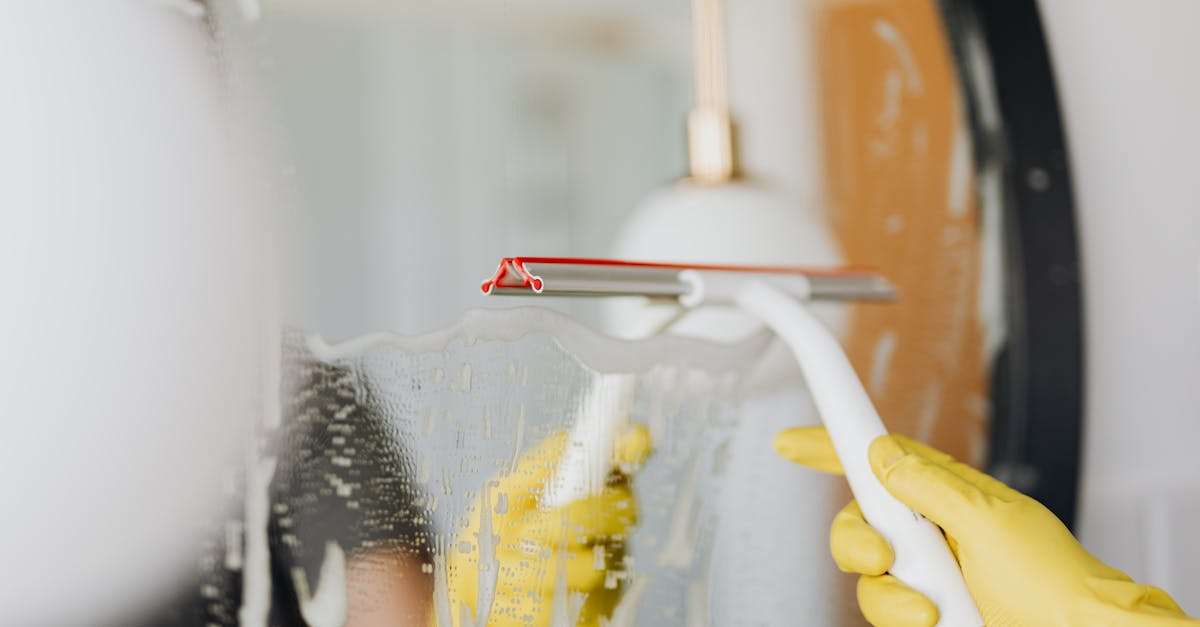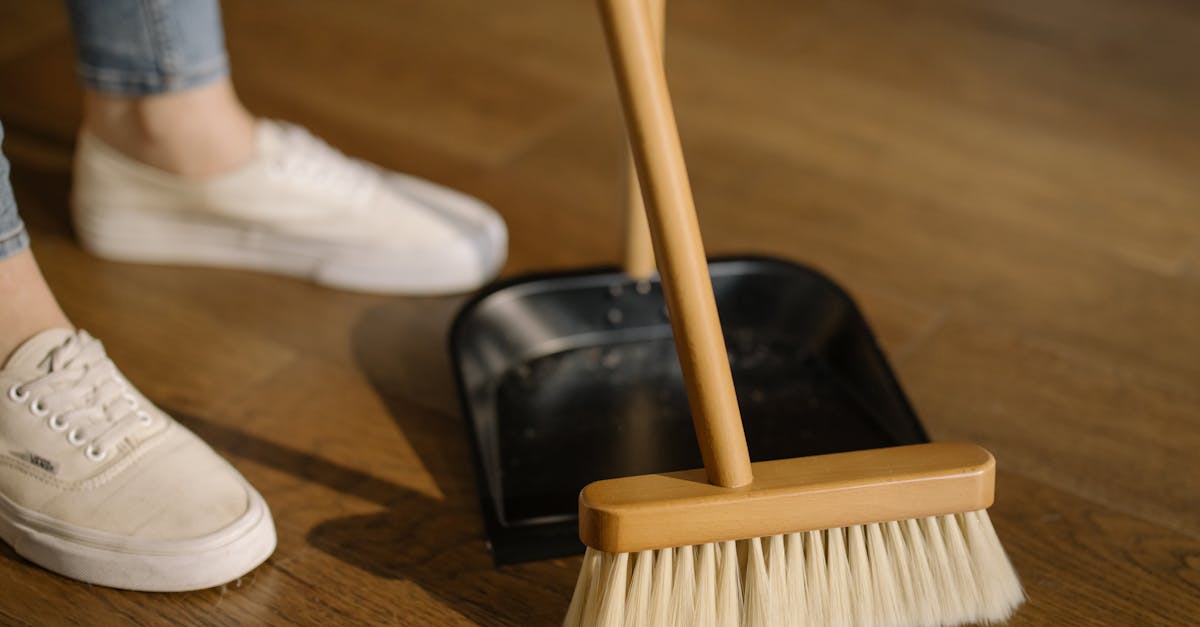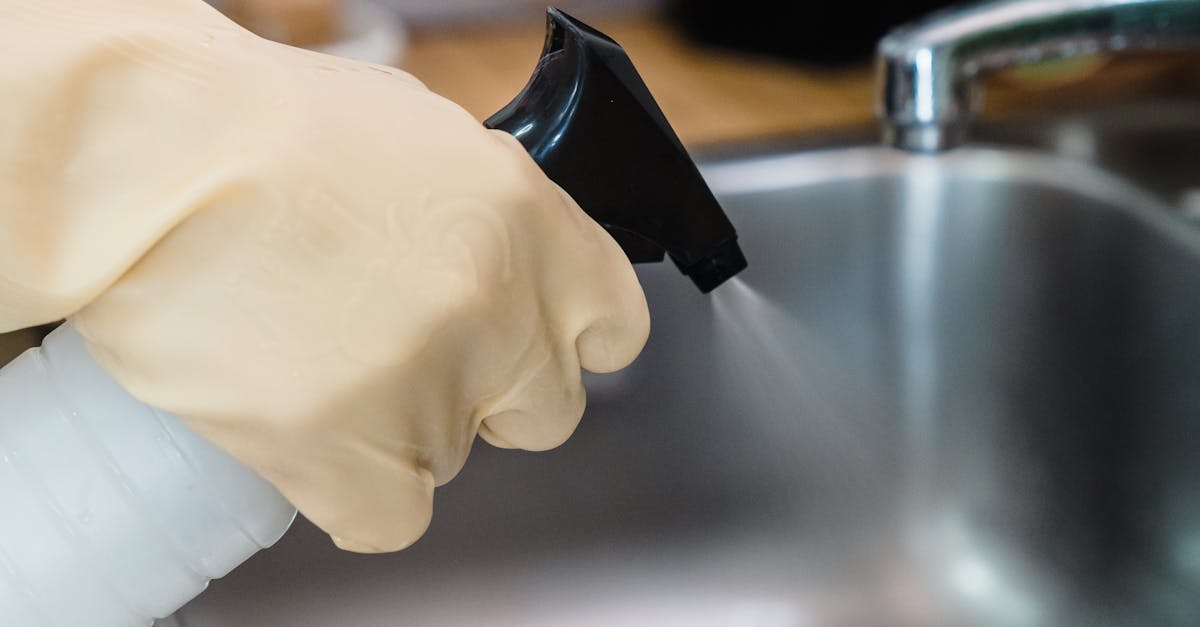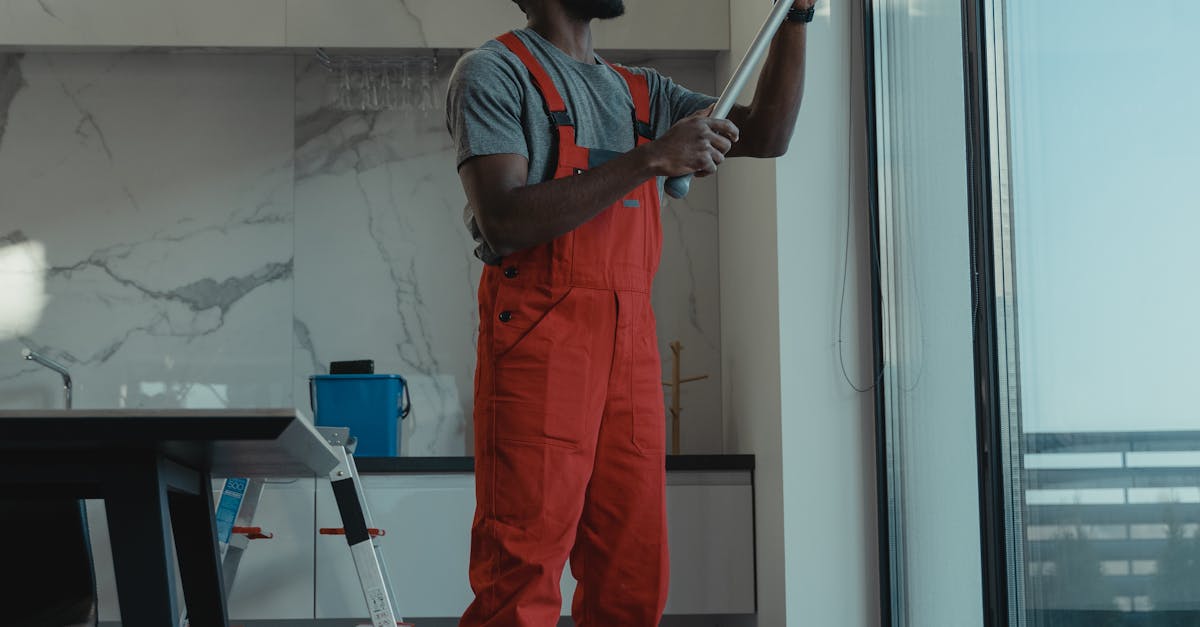
Table Of Contents
Local Regulations and Permits
Local regulations and permits play a crucial role in the process of sink installation and repair. Many regions have specific building codes that dictate the proper installation standards to ensure safety and functionality. Failing to adhere to these regulations can lead to complications, including fines or the requirement to redo the work to meet compliance standards.
Before proceeding with any installation, it’s essential to check with local authorities about any necessary permits. Obtaining these permits not only signifies adherence to regulations but also ensures that the work is inspected and approved by qualified professionals. This step can prevent potential issues down the line, providing peace of mind for homeowners and installers alike.
Importance of Compliance
Compliance with local regulations is vital when it comes to sink installation and repair. Each local authority may have specific codes that govern plumbing work, including requirements for materials, design, and installation practices. Understanding these regulations ensures that the installation meets safety standards and functions correctly. Failure to comply can result in penalties, the need for costly rework, or complications during inspections.
Additionally, adhering to these regulations can protect homeowners from future liabilities. If an installation does not meet compliance standards, it can affect insurance coverage and lead to longer-term issues, such as plumbing failures or water damage. Engaging with local councils or building authorities before commencing work can help clarify any necessary permits needed for sink installation and repair. Being informed upfront can save time and resources in the long run.
Hiring a Qualified Tradesperson
When considering sink installation and repair, it is crucial to hire a qualified tradesperson who has relevant experience and expertise. A licensed plumber understands the intricacies involved in the installation process, ensuring compliance with local building codes and regulations. Adequate training and knowledge also help in identifying potential plumbing issues before they become costly problems. This not only saves time but also enhances the overall quality of the work performed.
Finding the right tradesperson can make a significant difference in the outcome of your project. It is advisable to seek recommendations from friends or family who have recently undertaken similar work. Additionally, reviewing customer testimonials and asking for proof of qualifications can provide further peace of mind. Discussing your specific requirements in detail will also help in assessing whether the tradesperson is well-suited for your sink installation and repair needs.
Questions to Ask Potential Installers
When considering a potential installer for your sink, it is essential to ask about their qualifications and experience. Inquire whether they hold the necessary licences and have completed relevant training. A qualified tradesperson should provide information about previous sink installation and repair jobs, including references from past clients. Understanding their expertise will help ensure that the work meets local building regulations and standards.
Another important question revolves around the warranty for their work. A reputable installer should offer a guarantee on their services, which indicates confidence in their workmanship. Discuss how they handle any issues that may arise after installation. Additionally, inquire about the materials they recommend for your sink project. This can influence both the durability of the installation and the overall costs associated with sink installation and repair.
Cost Factors in Sink Installation
When considering sink installation and repair, several cost factors come into play. The price of the sink itself varies significantly based on materials, style, and brand. For instance, a basic stainless steel sink may be more affordable compared to a custom-made ceramic option. In addition to the sink, costs for installation materials, such as plumbing fixtures, drainage systems, and any necessary modifications to cabinetry or countertops, should also be factored in.
Labour costs for professional installation can differ depending on the tradesperson's experience and the complexity of the job. An experienced plumber may charge a higher hourly rate but could complete the job more efficiently. It's also essential to consider whether additional permits or inspections are required in your local area, as these can add to the overall expenses. Proper budgeting includes not only material costs but also the potential labour fees associated with sink installation and repair.
Budgeting for Materials and Labour
When planning for sink installation and repair, it is essential to consider both materials and labour costs. The type of sink selected can significantly affect the overall budget, as high-end materials such as granite or porcelain tend to come at a premium. Additionally, the choice between a DIY approach or hiring a professional installer will impact labour expenses. Understanding these factors early in the process can help avoid unexpected financial strain.
Labour costs can vary depending on the expertise of the tradesperson and their location. It is advisable to obtain multiple quotes from qualified plumbers or handypersons to gain a clearer picture of potential expenses. Also, do not overlook the cost of any permits that may be required for the installation. Planning ahead for these various components will ensure a smoother project and help maintain budget control throughout the process.
FAQS
Who is typically responsible for installing a sink in a home?
The responsibility for installing a sink usually falls to the homeowner, but it is often recommended to hire a qualified tradesperson to ensure proper installation and compliance with local regulations.
Do I need a permit to install a sink?
Yes, in many areas a permit is required for plumbing work, including sink installation. It’s important to check local regulations to determine if a permit is necessary.
What qualifications should I look for in a tradesperson for sink installation?
Look for a licensed plumber with experience in sink installations. It’s also beneficial to check for references and reviews from previous clients.
How much does it typically cost to install a sink?
The cost of sink installation can vary widely depending on factors such as the type of sink, materials needed, and labour costs. It’s advisable to obtain multiple quotes to get an accurate estimate.
What questions should I ask a potential installer before hiring them?
You should ask about their experience with sink installations, whether they are licensed and insured, if they provide a warranty for their work, and how they handle any potential issues that may arise during the installation process.
